During a 12-hour delay at London's Heathrow airport, US citizens bound for New York reflected on their hopes and fears about where their next president might take the country.
When a cohort of bleary-eyed passengers arrived at London’s Heathrow Airport on a gloomy morning for a 7:25 am flight to New York, politics was the last thing on their mind.
But after their transatlantic trip was delayed by 12 hours and they hunkered down for the long wait, the US citizens headed home inevitably turned their conversation to Tuesday's presidential election — one of the most consequential in their country's history.
“It's just a weird space to be in, just being on edge all the time,” says 30-year-old Tiffany, a former middle school civics teacher on her way home to southern Florida. “We just want some sense of normalcy, so we're not just being looked at as the crazy country,” she complained.
Tiffany is a committed Democrat who moved to Florida from Jamaica at 12 with her mother, Brinetta. Along with tens of millions of other voters, both women have already cast postal ballots, sending them in before travelling to the UK a week ago.
Both are fearful of the result and the aftermath, which Tiffany thinks will be “chaos” and perhaps even “another 6 January” egged on by right-wing news outlets.
Standing close by is Patrick, an IT technician in his 50s hailing from the pivotal swing state of Georgia. He also worries about what could happen post-election: “If Trump wins, there's going to be riots in the streets,” he says, claiming Democrats have been “fearmongering”.
With polls soon to close in one of the tightest presidential races in modern times, one in which just tens of thousands of votes across a few swing states could determine the result yet again, the US remains bitterly divided over who should lead it. Recent polling found that half of voters believe the opposing party are "evil," and many voters are awaiting the result with nothing short of dread.
But not all of them. Leo, a 40-something US citizen living in Britain and travelling for a wedding the day before the election, doesn't feel the same nervousness.
“It’s going to be amazing. I feel I'll be with the whole country.”
The price of eggs
As passengers tucked into complimentary coffee and sandwiches offered to soothe the wait, the conversation turned to the issues that have determined their votes.
In 1992, Bill Clinton campaigned on the slogan “it’s the economy, stupid,” and Donald Trump has been fighting the election on the same issue.
Despite four years of low unemployment and strong economic growth — stronger than the EU and other members of the G7 — many voters remain critical of the current administration’s economic management.
Patrick explains he's voting for Trump “because the economic situation that we've been in for the last four years is terrible”.
“I was paying $2 for eggs, now I'm paying $4," he tells Euronews. "A can of Pringles was $1, now it’s $2.50.” He cites Trump’s proposals to throw up trade tariffs and massively reduce immigration as policies he thinks will get the former president back into the White House.
For Leo, it’s the economy that has pushed him towards the former president — but he added that he supports Trump “as a Jew as well,” citing the former president's positions on foreign policy and especially the wars underway in the Middle East. Still, he worries that “some people believe in Trump like in God”.
“I love Trump, but I still put God on top of him,” he says.
'I think it's dangerous'
The Harris campaign has been obliged to walk a political tightrope over the wars in Gaza and Lebanon to try and keep the support of Muslim and Arab-American voters, who make up a critical voting bloc in several states — in particular, the must-win swing state of Michigan.
Tiffany is worried that these voters are “choosing to punish” Harris and will regret their decision if Trump does win, given his past policies towards Israel and the Middle East in general.
Rather than focusing on the conflict, the Harris campaign has preferred to campaign on social issues, in particular reproductive rights.
Tiffany’s mother Brinetta is a nurse in her 60s, and for her, abortion is the election’s pivotal issue. She knows she is far from alone in this, and mentions Melania Trump’s recent memoir, in which the former First Lady writes that abortion should be “between the woman and the doctor”.
Husbands Tom and Mike, meanwhile, told Euronews their support for Kamala Harris was partly down to comments by Trump and his running mate, JD Vance, targeting and ridiculing LGBTQ+ people.
“Vance said if you’re a smart gay guy, you’d vote for Trump,” Mike says, smirking.
“Oh no, 'normal' gay guys,” Tom laughs, adding that “they are using the dialogue around trans rights as fuel, and I think it's dangerous.”
Vance, who has embraced conservative culture war causes since running for the Senate in 2022, recently came under fire for comparing people coming out as trans to his own “bats**t crazy” child pretending to be a dinosaur.
Policy matters aside, many of the homebound passengers shared a deep distrust of the US political system in general, and several repeated conspiracy theories or outright misinformation.
Some suggested that both candidates are just puppets for higher powers. One passenger suggested to Euronews that voters in Washington couldn’t vote — they can — and that the recent hurricanes that pummelled the southeastern US were controlled by Trump's allies to make the current administration look bad.
A view from abroad
Alina, who is German, first moved to the US the day after Trump won the 2016 election but left a few years later. Now in her 30s, she's moving back this week with a sense of déjà vu.
“I'm hoping really that the Americans will wake up and just realise Donald Trump … is just going to tell you what you guys want to hear,” she says, rolling her eyes.
While she fears the rise of the far right at home, she thinks Trump represents something different.
“It's just crazy to me. You do see some crazy things on German TV, but not as crazy as that.”
Tiffany agrees and hopes Europe can set an example, taking heart from Britain’s election of a Labour government, quipping that the anti-RN electoral alliance in France was “a breath of French air”.
But there are reservations. Several US-bound European passengers expressed fears about civil unrest after the election and even worried about the safety of going outside in the wake of the results.
But as the US grapples with deep and lasting divisions and stares down an election that will leave a huge chunk of the electorate miserable and furious, these passengers were almost unanimous about what they will be doing on election night: “drinking”.

 5 months ago
43
5 months ago
43
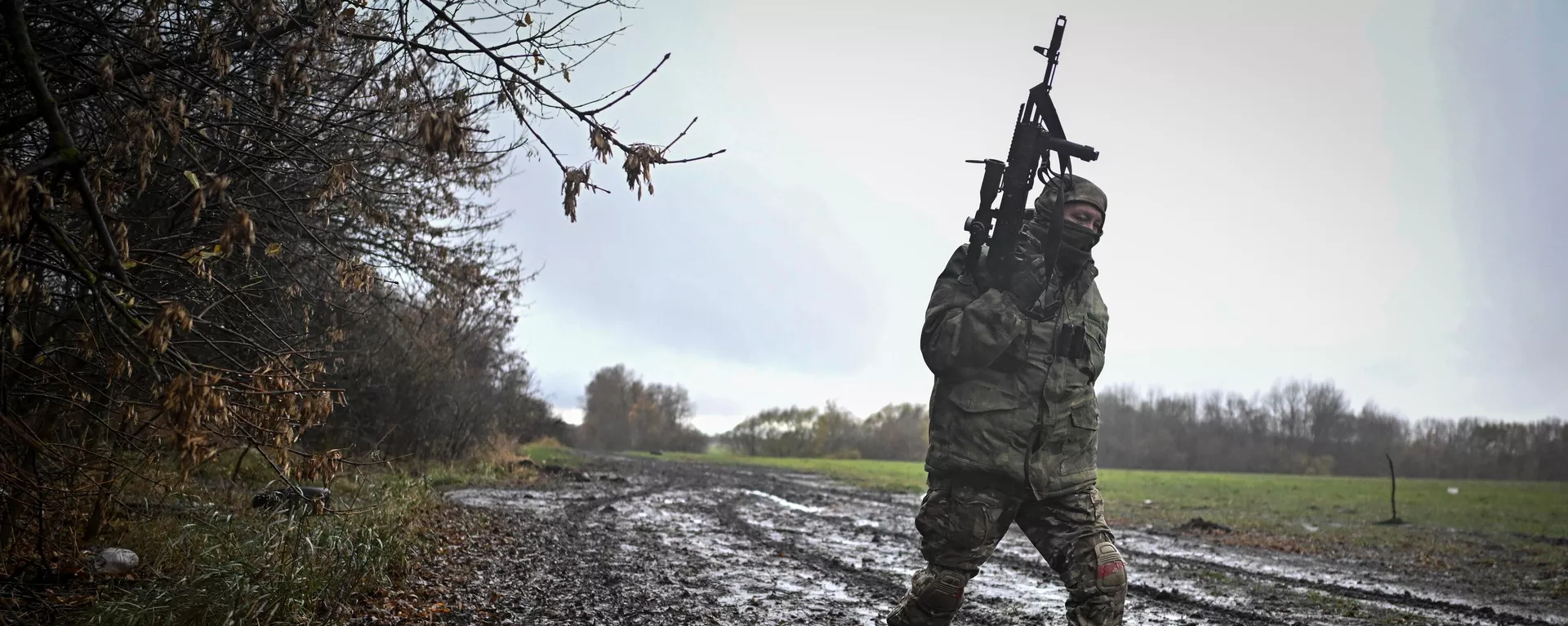

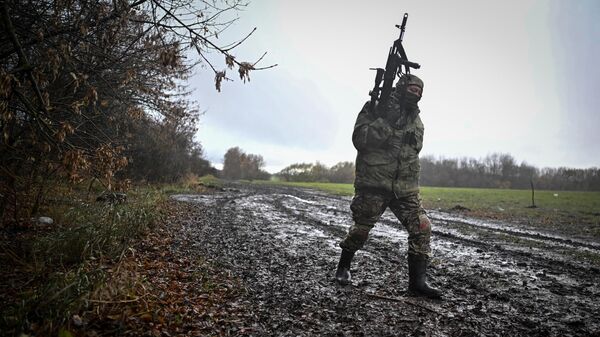
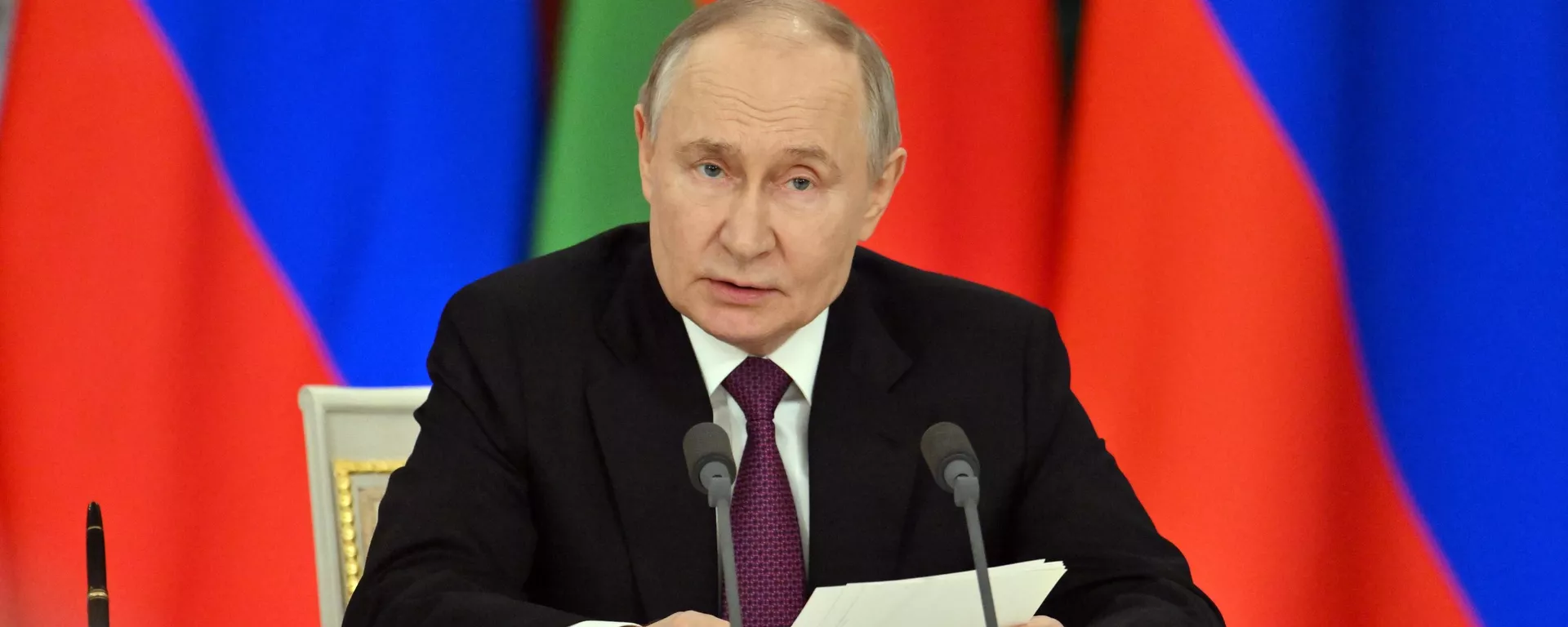
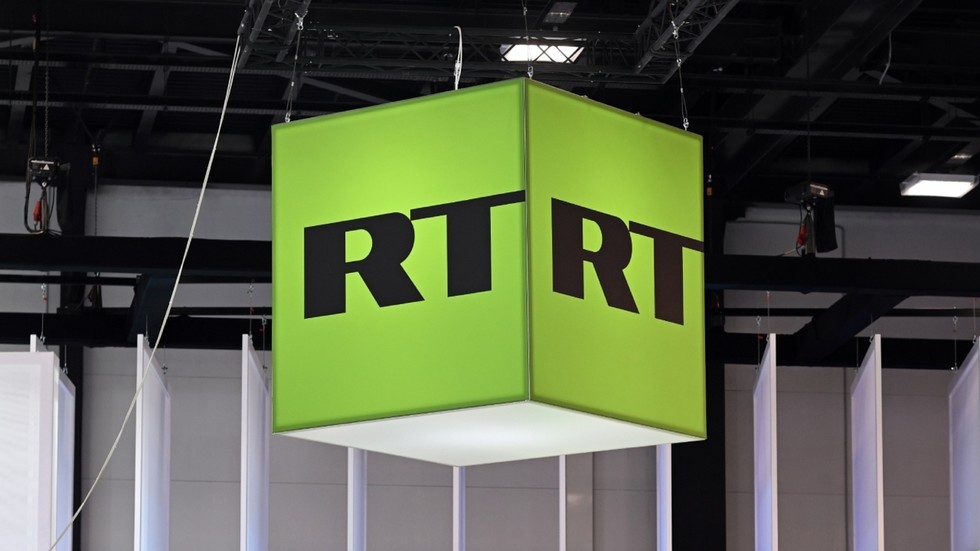
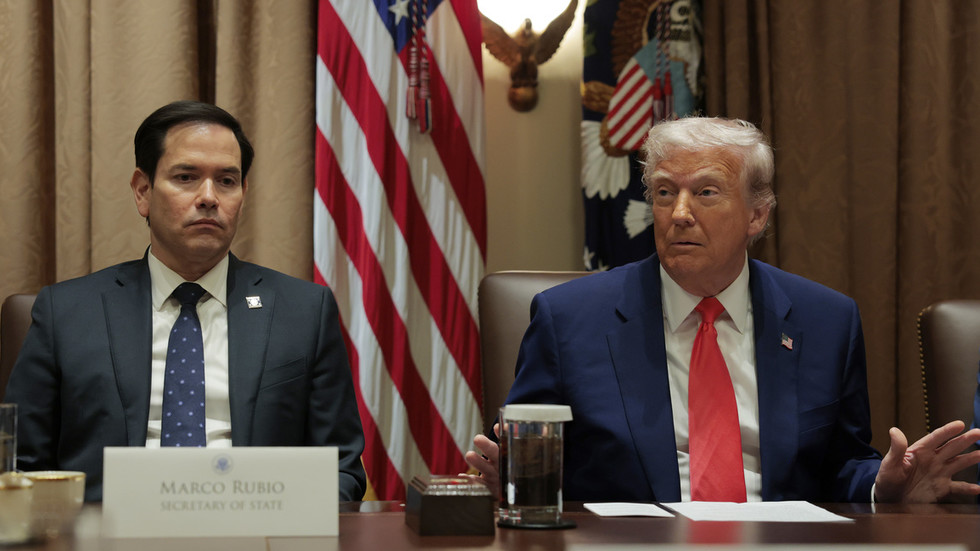
 We deliver critical software at unparalleled value and speed to help your business thrive
We deliver critical software at unparalleled value and speed to help your business thrive






 English (US) ·
English (US) ·